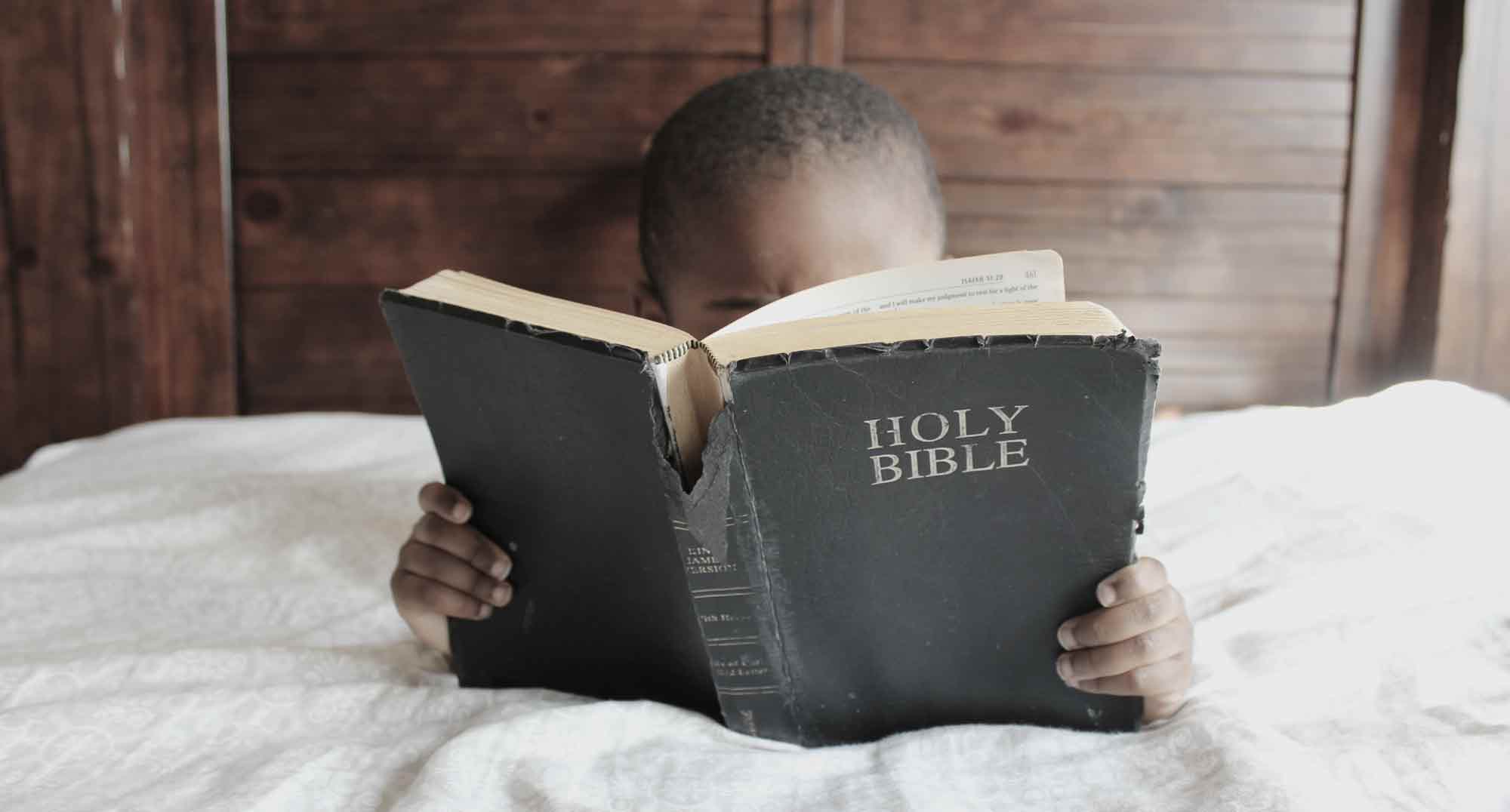Encouragement for the Weary Mom
KATIE POLSKI|CONTRIBUTOR Just a few days ago, I picked up my phone to facetime my oldest. I looked at my reflection in the phone as I waited for my daughter to answer and noticed how tired I looked. “Does my face always look this exhausted?” I asked my daughter when she answered the call. “Mom,” she said, “you look like you always do.” I suppose it should be no surprise that the daily grind begins to show itself physically. Work, grad school, and other responsibilities certainly make me look forward to laying my head on the pillow each night. But where I feel the greatest weariness, at times, is in mothering. Being a mom is one of the most rewarding jobs the Lord has given me, but it has also been the most wearing. From infancy on, a mother regularly plays the role of referee, chauffeur, counselor, comforter, guider, provider, educator, prayer warrior, discipliner, and the list runs on. It’s no wonder motherhood can make us to feel worn down and inadequate. There are many days that I just don’t feel up for the job of being a mom. And thank the Lord for this. Gratitude For Our Insufficiencies Why be grateful for my inadequacy? Because if my children always obey, if I always feel like supermom, then I would have no reason to cling daily to the cross. Without coming to the end of my rope, I would stand in my supposed self-sufficiency rather than recognize the necessity of Jesus’ grace...










